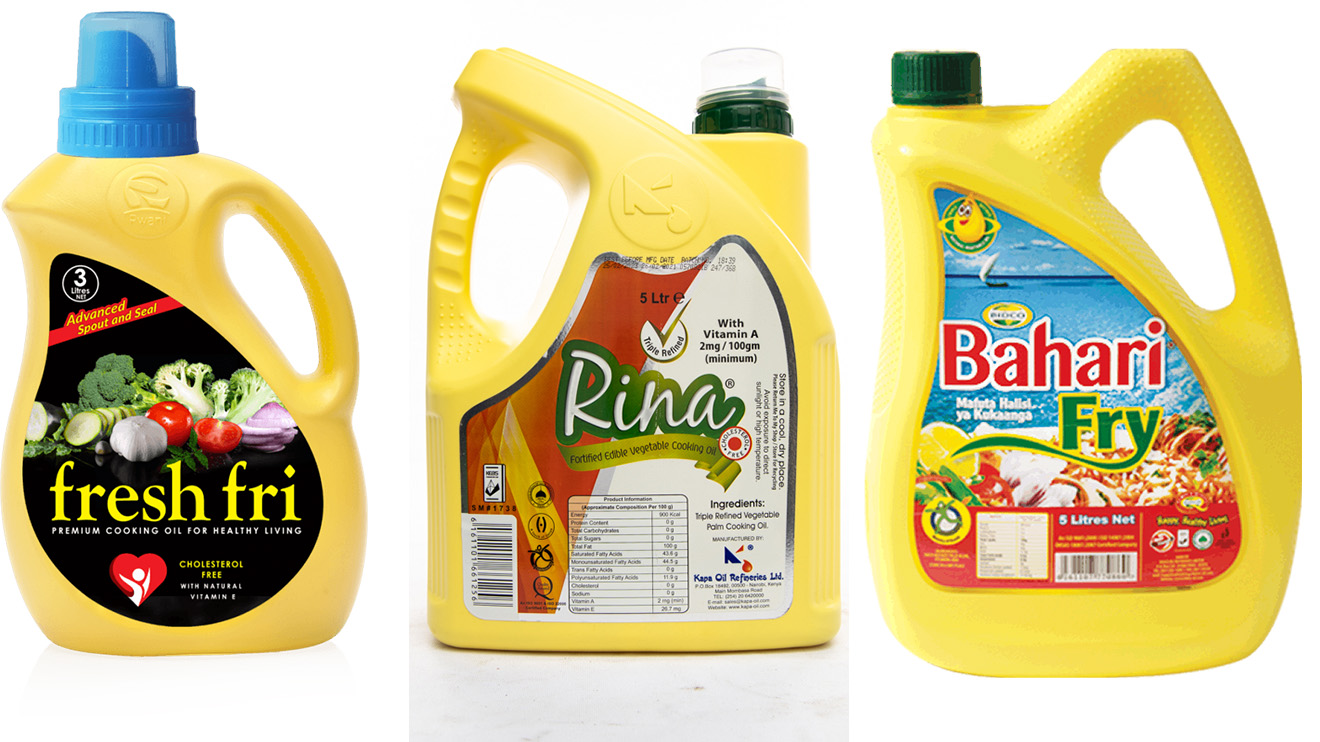Edible Oil Manufacturers have expressed grave concerns over the proposed tax hikes in the Finance Bill 2024/2025, forecasting a significant economic burden on Kenyan households.
The bill suggests imposing a 25 per cent excise duty on edible oils and margarine, which is predicted to drastically inflate the prices of these essential items.
Addressing Members of Parliament, Hayel Saeed, Chairman of the Edible Oil Manufacturers, underscored the severe impact that the increased taxes would have on the cost of living.
He pointed out that the prices of fundamental products such as cooking oil, soap, bread, and baked goods would rise sharply.
Saeed told the National Assembly Trade Committee, “With the increase of daily consumables such as bread and chapatis, a family of four people will struggle to have a full meal a day. Some families will be forced to eat one meal every two days.”
Read More
Industry representatives are lobbying MPs to reverse the proposed excise duty, arguing that other taxes, including the housing levy already overburden consumers.
Should the duty be implemented, the price of cooking oil could leap from Sh 202 per litre to Sh 337 per litre, and cooking fat from Sh 107 to Sh 162, placing a heavy strain on low- and middle-income households.
Vimal Shah, Chairman of Bidco Manufacturers Limited, contended that the excise duty aimed at reducing palm oil imports to boost local sunflower oil production would instead harm local manufacturers.
“The bad news about this will apply on our local grown sunflower oil so even us will stop focusing on buying local and focus on exporting the sunflower oil. Why are we destroying our local manufacturing?” Vimal remarked.
Shah maintained that the proposed tax should be abandoned to protect local manufacturing.
“We can’t be talking about improving value addition locally by promoting agriculture and manufacturing yet in this one stroke we are destroying that,” he said.
The manufacturers are also challenging the 2 per cent levy on the Nut and Oil Crops Directive, arguing that it would provide minimal savings on oil products and disadvantage local processing.
“Remove the 2 per cent levy on the Nut and Oil Crops Directive on all crude oils to promote local processing. We are now disadvantaged and less efficient on all products that use edible oils as input,” Saeed urged.
Nitin Shah, CEO of Kapa Oil, criticized the frequent tax increases, which he said deter investors compared to more stable environments in neighbouring countries like Egypt, Uganda, and Tanzania.
“Investors look for profits after investing from four to five years. If you keep changing your policy every year then no investors will come here to invest. If you want investors the policies must be consistent,” Shah noted.
The introduction of an eco-levy at Sh 150 per kilogram has also been met with opposition. Industry stakeholders argue that there is no clear mechanism to support environmental conservation through recycling, making the levy counterproductive.
Rajan Malde emphasized that this cost would ultimately be passed to consumers, given the high expense and impracticality of alternative packaging like glass.
We are not against environmental conservation; in fact, we are part of a wider scheme under the Ministry of Environment so that they can recycle plastic waste but this will not support the industry,” Malde stated.
A recent statement by the Edible Oil Subsector of the Kenya Association of Manufacturers also highlighted the severe repercussions of the proposed tax, warning it could lead to an 80 per cent increase in cooking oil prices.
This would make the product unaffordable for millions, especially low-income earners and small-scale traders.
Moreover, prices of related products like bread, soap, and margarine could also see significant hikes, worsening the already high cost of living and pushing many into deeper financial hardship.
The statement urged the government to withdraw the proposed excise duty, describing it as a potential humanitarian crisis.
As discussions on the Finance Bill 2024/2025 progress, the Edible Oil Manufacturers remain firm in their opposition, stressing the dire economic and social implications of the proposed tax measures.








